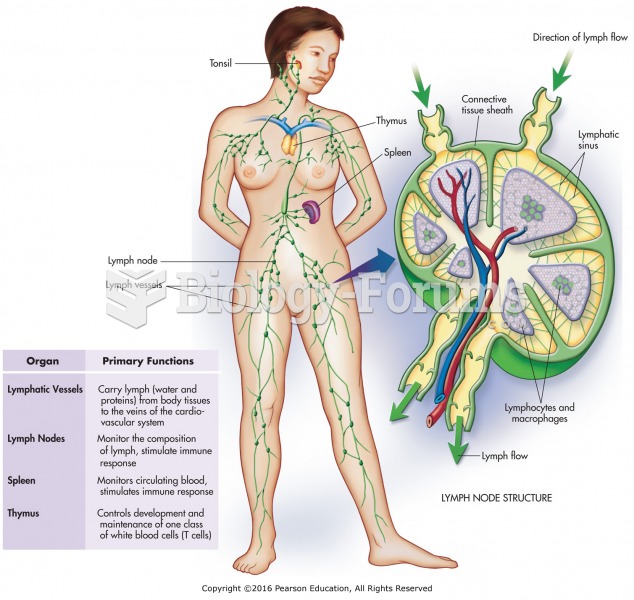Answer to Question 1
Answer: 2; 5
Rationale:
Supercomputers: Currently, nurses in many health care organizations rely on workstations and networked personal computers. Supercomputers are designed to compute millions of pieces of information simultaneously. They were developed for use in meteorology and nuclear energy. Nurses do not routinely need access to supercomputers.
Personal digital assistants: Currently, nurses in many health care organizations rely on workstations and networked personal computers. Personal digital assistants are appropriate for use in client care areas by nurses to quickly record client information or to access resources.
Mainframes: Currently, nurses in many health care organizations rely on workstations and networked personal computers. Mainframes were developed to serve many users concurrently and to run many programs at the same time. Nurses do not routinely need access to mainframes.
Central computer housed in Data Processing: Currently, nurses in many health care organizations rely on workstations and networked personal computers. In the past, many health care organizations used a central computer that was housed in the Data Processing Department. This is no longer necessary.
Laptop computer: Currently, nurses in many health care organizations rely on workstations and networked personal computers. This provides the nurses easy access to the Internet and to quickly record client information.
Answer to Question 2
Answer: 1; 4
Rationale:
The nurse does not monitor the client for signs and symptoms of hypocalcemia. Competent clinical practice is dependent upon up-to-date information. Nurses require consistent connection to the Internet to ensure that clinical practice guidelines are being followed. Currently, more hospitals are relying on online resources and less on printed books placed on the units. The nurse should have access to guidelines about how to care for this postoperative thyroidectomy client. The nurse should monitor the client for clinical manifestations of hypocalcemia due to manipulation of the parathyroid glands during thyroid surgery.
The nurse ambulates the client three times during the first post-operative day. Competent clinical practice is dependent upon up-to-date information. Nurses require consistent connection to the Internet to ensure that clinical practice guidelines are being followed. Currently, more hospitals are relying on online resources and less on printed books placed on the units. The nurse should have access to guidelines about how to care for this postoperative thyroidectomy client. The nurse should ambulate the client three times during the first postoperative day and as the client can tolerate.
The nurse carefully listens for bowel sounds in all four quadrants. Competent clinical practice is dependent upon up-to-date information. Nurses require consistent connection to the Internet to ensure that clinical practice guidelines are being followed. Currently, more hospitals are relying on online resources and less on printed books placed on the units. The nurse should have access to guidelines about how to care for this postoperative thyroidectomy client. The nurse should carefully assess bowel sounds for return of peristalsis.
The nurse does not ensure that the incision site and the client's neck are maintained in a straight unbent position. Competent clinical practice is dependent upon up-to-date information. Nurses require consistent connection to the Internet to ensure that clinical practice guidelines are being followed. Currently, more hospitals are relying on online resources and less on printed books placed on the units. The nurse should have access to guidelines about how to care for this postoperative thyroidectomy client. The nurse should ensure that the incision site and neck remain in a straight and unbent position after surgery to eliminate pulling at the surgical site.
The client falls in the bathroom. Competent clinical practice is dependent upon up-to-date information. Nurses require consistent connection to the Internet to ensure that clinical practice guidelines are being followed. Currently, more hospitals are relying on online resources and less on printed books placed on the units. The nurse should have access to guidelines about how to care for this postoperative thyroidectomy client. The client falling in the bathroom is less likely related to the specific surgery and more related to a lack of implementation of appropriate safety precautions.







